“Polarization” in All India Religious Pre-Medical Entrance Tests found a new dimension with the Students Islamic Organization (SIO) of India, swaging it out in the Supreme Court, on what to wear while writing an entrance exam. A precursor to this event is the scrapping of the AIPMT tests by Supreme Court on May 3, owing to reports that the paper was leaked and electronic gadgets were used to cheat. CBSE, then notified that “the candidates should wear light clothes and they are prohibited from bringing items like scarf, cap…” This instigated the SIO and they filed a petition in the Apex court against the notification, indicating their willingness to wear a Hijab or a scarf as “recommended” in their religion.
Meanwhile, the advocate representing the SIO, contested, “If I have to adhere to my religious practice, I will have to give up on my exam”. The apex court bench used harsher words indicating that, it’s nothing but ego which is preceding the dress code on exams and said, that, not wearing a scarf doesn’t make your faith disappear. It also added that, this is a small issue and the apex court shouldn’t meddle with these issues.
A preface on what the Quran says on Hijab, is imperative, while the topic dwells on this.
Chapter 24 -Verse 30: “Say to the believing men that: they should cast down their glances and guard their private parts (by being chaste). This is better for them.”
Chapter 24 -Verse 31:“Say to the believing women that: they should cast down their glances and guard their private parts (by being chaste)…”
The “Hijab of the eyes” is also a command to Muslim men on not lustfully looking at women and in order to avoid the inclination, they are required to cast down their glances.
While, the verses indicate that, casting down their glance is a norm, it doesn’t give us clear indication on whether the face and the eyes should be covered. Then a thought pricks, if the face is covered by a Khumur (Arabic: plural of Khimar, veil covering the head), would this verse hold; and whether glancing down is mandatory. Do the Khumur covering and the verses have contradicting beliefs?
Coming back to the context of writing an exam, the attentive part here, is the exam and the thought of staring lustfully should be out of the radar at the first place. Although, this statement seems like an ideal gentleman advice, it’s hard to abide to it. Hence, enforce the holy sayings on women.
For instance, if the dress codes are allowed for exams; do these future professionals precede the religious dress code over professional dress codes in hospitals, ICU, operation theatres? Aren’t religious practices, a guideline for us to behave and conduct well, including professionally? With the two verses from Quran recited above, I am here, not to dissect the holy sayings; rather to introspect on what we follow, is bent on convenience or still a straight line. When the verses apply to people of both genders, how justified it is to enforce the “recommendation” on one. Most often, the vast religious mandate of dress code is stressed upon girls, which is true as per the holy book, there are enough thought-codes to be followed by men too. Is the latter conveniently ignored? Some parts of the world follow dress codes in the form of Niqab, Burka, and Chador apart from Hijab. Have these dress codes evolved without a specific mention of these in the holy book?
In a follow-up incident, a nun from Kerala was barred from writing the AIPMT exams, after she refused to remove her head gear. The official spokesperson of the church to which the nun, Seba, belongs to, commented that, it’s unfortunate that the judiciary has gone to this extent. He also expressed his grief on the central government for not intervening on this. Now, joining the dots, who provoked the judiciary to come out with such a judgement? It’s the second majority. The case is confined to candidates, candiates cheating in the exam, CBSE, Supreme Court and the so-called minorities. Here is a spokesperson, who gleefully found a reason to blame the center.
Read: http://www.firstpost.com/india/cbse-wont-relax-pmt-dress-code-kerala-nun-barred-from-writing-test-after-refusing-to-take-off-scarf-2362808.html
Politics, as a hot dog in India has created subsidiaries in the form of student right wing organizations, which actively polarize youth and instill their perspective on the rest, in the name of religion. The onus is on us, the youth, to be able to draw a line between religion and profession and ensure that the Apex court doesn’t spend time solving issues or issuing diktats on what’s religious practice and what is not.
References:
http://www.al-islam.org/hijab-muslim-womens-dress-islamic-or-cultural-sayyid-muhammad-rizvi/quran-and-hijab 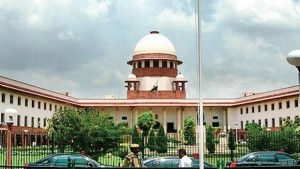



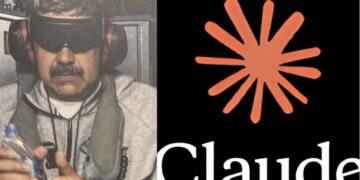
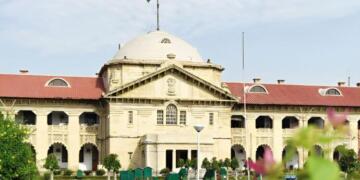
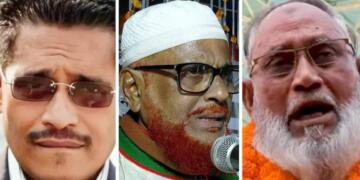

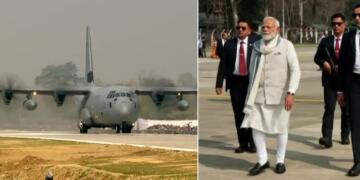
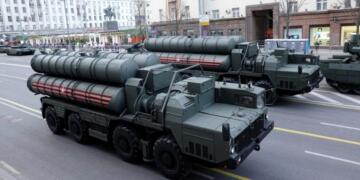







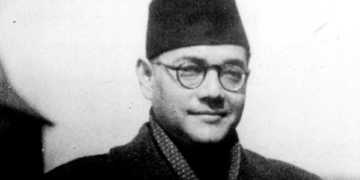



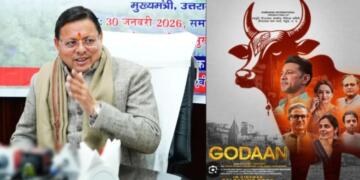
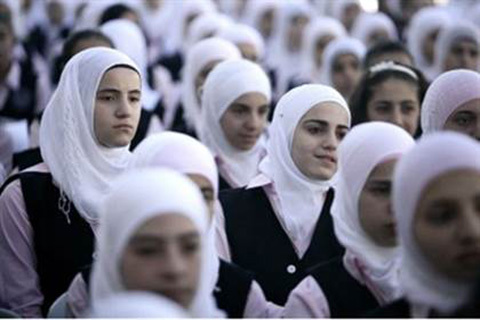








On the issue of DRESS CODE for COMPETITIVE EXAMS
This directive is seen by some religious communities as an attack on their religious freedom. Once an issue is painted in religious colors, it gets intractable in a way in which it is essentially not!
Kindly consider my Philosophical (Theological?) argument on this issue, with a cool head : Let us take AIPMT exams as an example, as I sat for it and know the exam pattern very well.
In some religious groups “Theory of Creation”, as opposed to “The Theory of Evolution” is an essential component of Faith. Every person who prepared for PMT exams knows that there are many questions from Evolution in the Life Sciences paper. Further there are a great number of questions based on or related to Evolution. As Theodosius Dobzhansky a Russian Orthodox Christian and an eminent biologist points out “Nothing in Biology Makes Sense Except in the Light of Evolution”.
My question is how does a person (either male or female) who belongs to such religious groups, which believe in Creation, answer the Biology paper, which has 50% of total marks?
I guess that they feel that suspending the belief for some time for time for a logical and beneficial purpose is of no harm. If this be so, then how could be “the Uniform” be more important than an essential component of faith ??!!
I can extend the argument to other disciplines and exams but I believe that I made my point. I do not think that the dress code will completely stop cheating, but it is a good step. Security cannot stop all criminals, but that is no reason for having no security.
P.S. The recent religiously intense debates on Dress Code and Yakub Memon is creating a lot of bad blood. We as educated and aware people should try our best to control the damage.
– Ankur Bose
First of all, Humanity is above religious practices or beliefs. Remember how few weeks ago a Sikh man used his turban to wrap the wounds of a small child. Mass media and few “organization” try to paint everything as attack on religion. I am sure there must be many muslim, christian, sikhs, jains and hindus (both men and women) who quietly took AIPMET exam without any fuss and they did not find it offensive. But media showcased only handful of people who found it offensive.
Does the people, who found it so offensive, if one day became surgeons, will still refuse to follow dress code required for operation theatre? Also consider this: There is small section of Jains who are Digambari and do not wear clothes. If some one from this faith try take the entrance exam should he be allowed to sit in the exam that too without clothes? I am sure many people will find it offensive, but if denied to sit, won’t it be attack on his religious practices? Think about it.